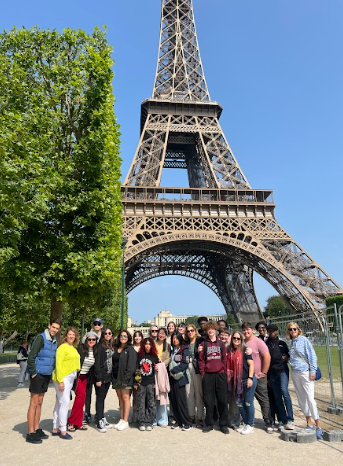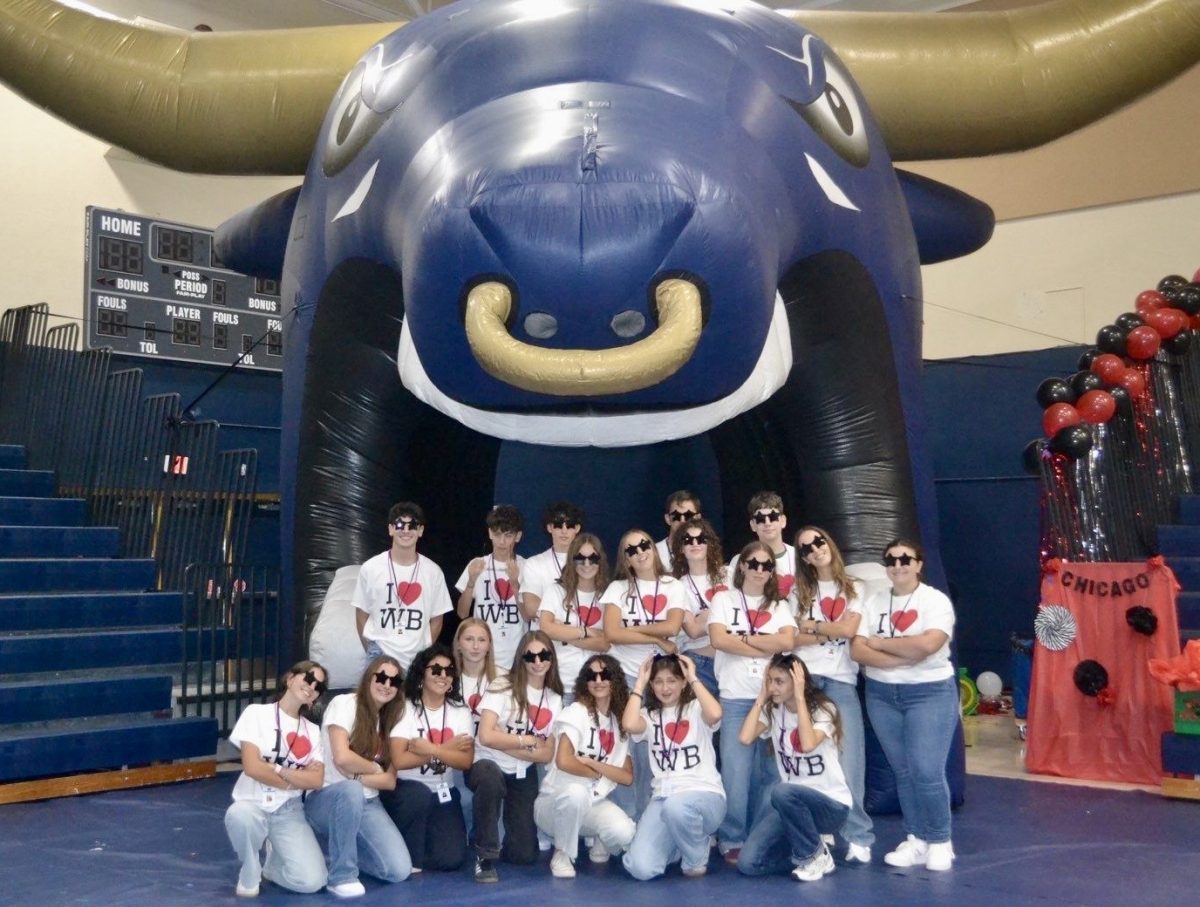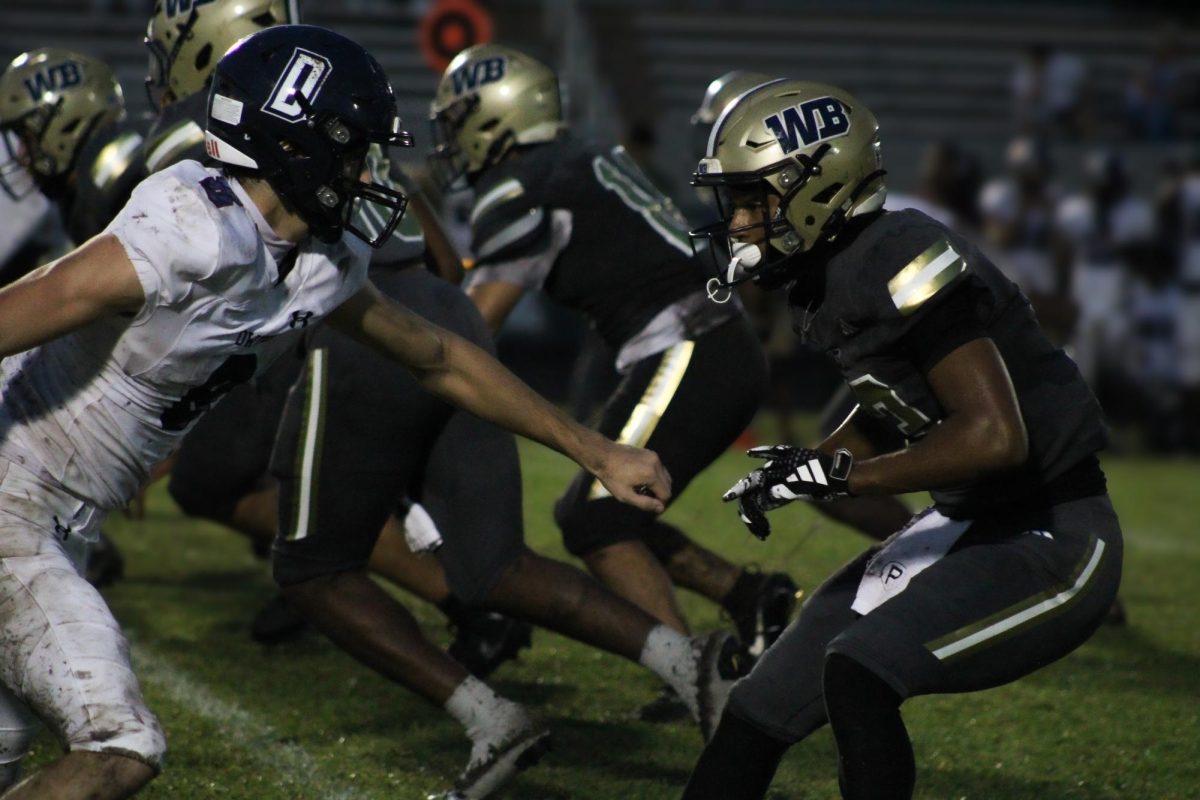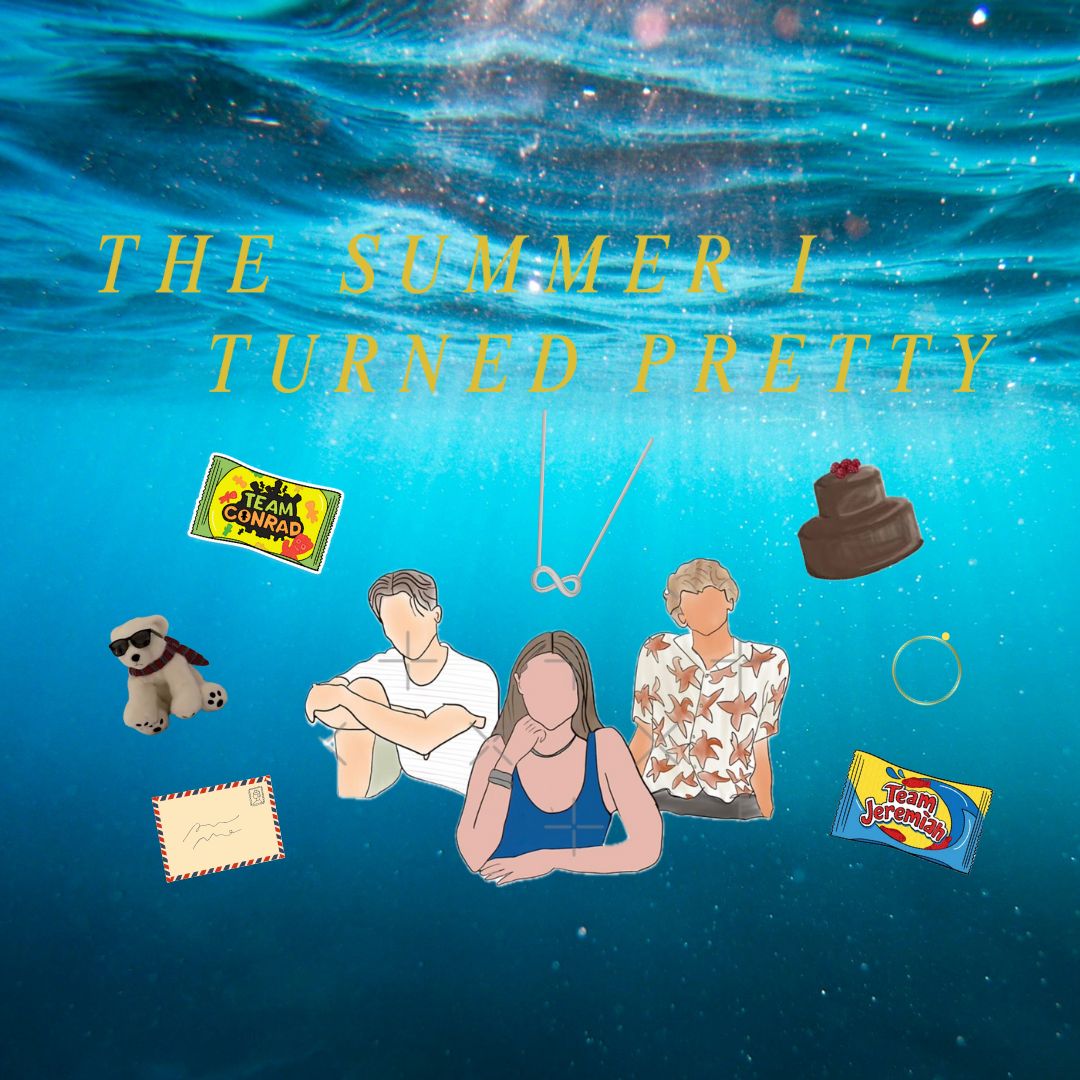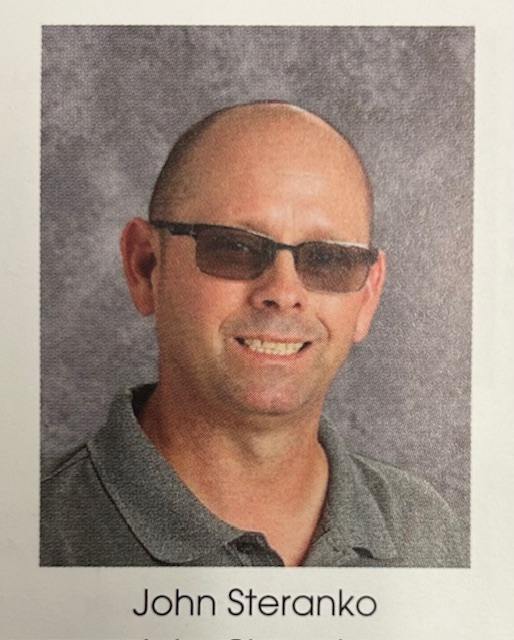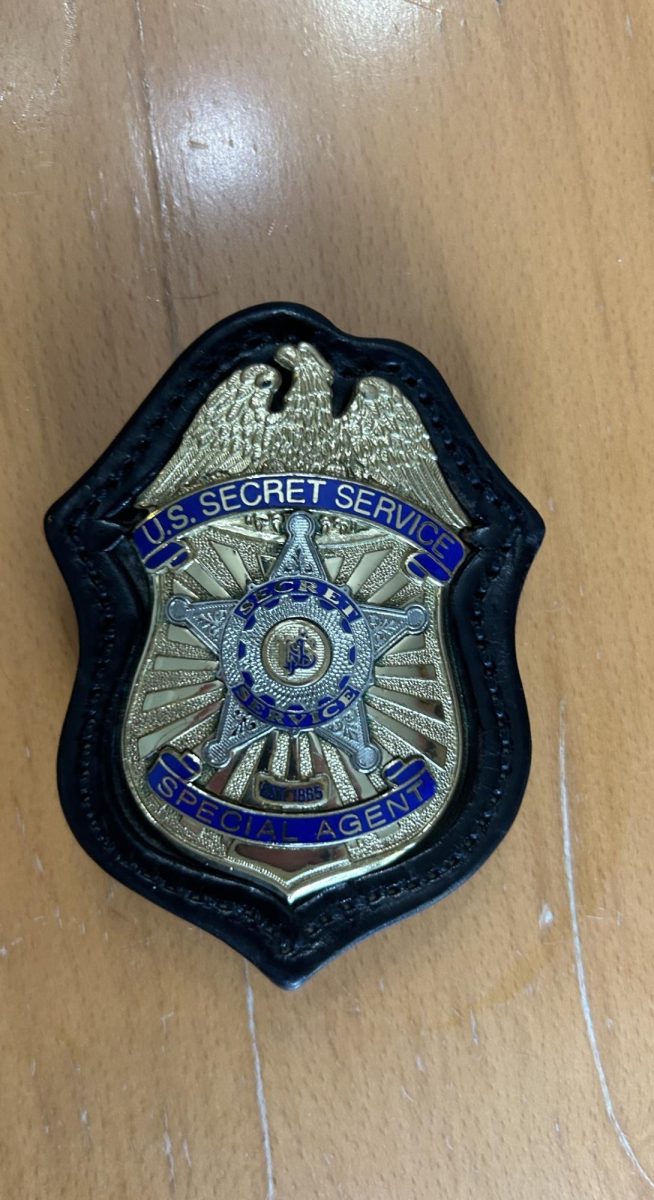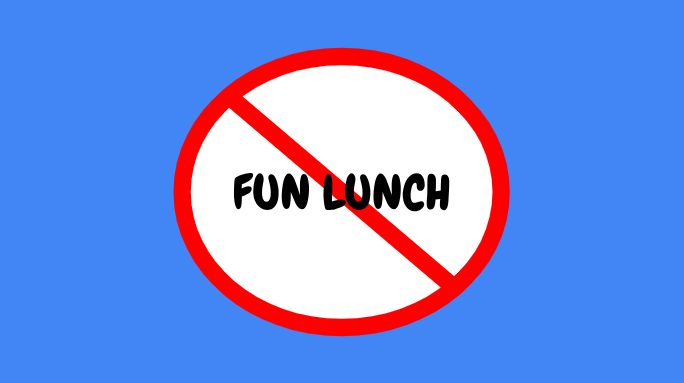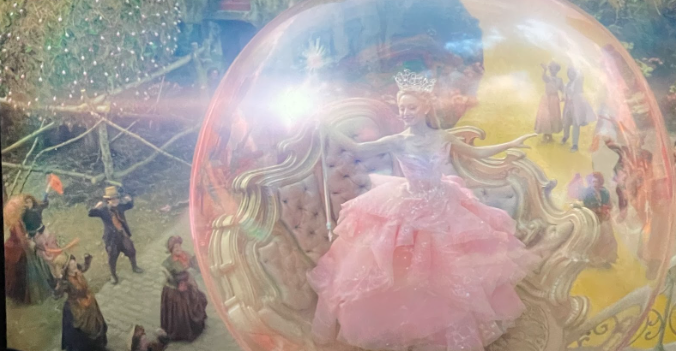I interviewed four people who have been or are currently working in the criminal justice system. Two prosecutors, one former police officer who is currently a Secret Service Agent, and a crime scene investigator. I spoke to them to get an inside look into how our criminal justice system works and if certain claims against it are true.
“I talk about confronting the justice system, confronting the policing that’s going on, I’m talking about speaking up. […] I’m talking about legislation. I’m talking about elected officials doing what needs to be done to control their budgets and to pass legislation.” – Maxine Waters.
We have heard the side of the alleged criminals. We have heard the calls for dead police officers by protestors. We have heard the public outrage with law enforcement, and seen the sometimes criminal actions of individuals in the name of opposing it. We have heard the claim that rioting, criminality, is justified due to the public’s interactions with the police. Unfortunately, there has been a significant amount of misinformation and misplaced blame amid the outrage. There has been a one-sided perspective shown for a long time. It can be difficult for everyday people to understand how the criminal justice system actually operates. It is important that people are educated on what goes into putting a United States citizen in jail or prison. How easy is it really to take away someone’s freedom? Is the criminal justice system to blame for a significant part of the population being disenfranchised?
The false narrative around the criminal justice system, specifically policing, is shown with the outrage that followed the shooting of Micheal Brown. The officer who shot Micheal Brown was cleared by a grand jury. There was still outrage. Another instance of this false narrative being perpetuated was the outrage that followed the shooting of Jacob Blake. The officer in that case was cleared of wrongdoing. The Vice President of the United States, Kamala Harris, personally visited Jacob Blake and his family. Both of these men posed threats to the police officers and others. These are not the only cases of misplaced outrage.
Before anything else, I have included some testimonies of those I interviewed about impactful cases or incidents they experienced while doing their jobs. Here are their stories.
¨As a cop, what people should realize is, at the beginning of my shift one time, we were following a stolen Jeep Grand Cherokee. There were two suspects in the car, and they ran a stop sign and took the front end of a minivan right off. The Jeep was disabled and caught on fire. I pulled up and the occupants could not get out of the vehicle. My partner and I ran to the passenger door, and even though we burned our fingers, we extracted the passenger, getting him to safety on the sidewalk. Then, I turned around and ran toward the Jeep, but was held back by officers. There was a small explosion in the Jeep. And the heat was so intense that we couldn’t get to the other suspect and had to listen to him scream and watch him die. So, where I’m going with this is, one hour later, I got back in my patrol car and went to my next call which was a Breaking and Entering in progress. When you see a cop, you never know what their last call was.”
- Former Baltimore City Police Officer and Current Secret Service Agent
“There was a case, it wasn’t my case but it was a prosecutor in my office’s case, and I can’t give you too many details because that is not fair to the victim. But the victim was younger, under the age of ten; we had confessions, DNA evidence, and a witness. We never have those things. The jury was still out for two days because they thought that the victim’s mother was hiding something. It had nothing to do with the evidence, it had nothing to do with the confession, but they were really people who were going to vote not guilty, even with that ton of evidence, just because they didn’t like the victim’s mother.”
- Former Baltimore City Prosecutor (Sex Offense Unit)
“Someone ran over a police car, killing the police officer. The defense attorney admitted that his client was guilty of vehicular manslaughter. The jury found him not guilty on everything just because they did not like the police. That was a really low point in my career. Luckily, the next time a police officer was killed, the jury came back guilty on everything. But after that first trial. I was so disillusioned with the jury system. “
- Former Baltimore City Prosecutor (Sex Offense Unit)
(When referring to people who want to be Crime Scene Investigators)
“They don’t think about there being a decomposing body for like a month.”
- Crime Scene Investigator, Fort Lauderdale Major Case Unit
“V1 [victim one] sitting in his car waiting for a friend
His 1y/o son strapped in his car seat in the back
3 shooters surround the car and open fire, while [the] 4th suspect waits in the shooter’s car. Turns out the “friend” set him up. V1 shot multiple times, but survives – 1 year old died from gunshot wounds.”
- Current Baltimore City Prosecutor (Homicide Unit)
A False Narrative
I asked the people I interviewed that worked, or work, in law enforcement if they thought that there was a false narrative about the criminal justice system, law enforcement officers, or prosecutors.
“Yes. A lot of people want to blame everybody for their situation but themselves. I understand that there have been mistakes made by law enforcement, but the vast majority of people who end up in an adversarial situation with law enforcement or the judicial system made the choices to put them there. (In response to a negative perceptions of the criminal justice system)
- Former Baltimore City Police Officer, current Secret Service Agent
“Yes I do, and it is an extremely dangerous thought process to have because if you look at 99% of police involved shootings, [they] start the same, the person not cooperating. Starting the interaction with law enforcement with the preconceived idea that you are going to be beaten, shot, or killed for no reason is a false narrative that has been pushed by the mainstream media that is extremely dangerous.” (In regards to negative perceptions of police officers or federal officers and the consequences of that)
- Former Baltimore City Police Officer, current Secret Service Agent
“ I believe that most people have no idea about the criminal justice system and I think that’s a shame. I believe that you should be able to go down to your courthouse and watch a trial. And I think that people should do that because people need to know what’s going on in their communities. And I know that serving on a jury sounds like miserableness to most people, but without the jury we cannot have a criminal justice system. And I think everybody, if they were charged with a crime, would want a jury of their peers. I also think, in addition to watching a trial, people should go on ride-alongs and see what police have to deal with. I think that body-worn cameras was a great idea. I think people can see how people behave toward police and what they have to deal with. (in regards to a negative perception of the criminal justice system. )
- Former Baltimore City Prosecutor (Sex Offense Unit)
“The consequences of people not understanding their rights and responsibilities are that people don’t follow lawful orders and end up getting themselves arrested based on a misconception based on what they’re entitled to do or not do. As an example, I have heard or seen numerous people screaming that they cannot be arrested unless they are read their Miranda rights; and that is a fundamental misunderstanding that many people have. And it leads to people […] racking up more charges than if they had just accepted what the police officer was saying. Miranda only applies for custodial interrogation or questioning. You can be arrested and never read your Miranda rights and the arrest is still valid. I just wish people would argue their cases in court instead of arguing with a police officer who has been tasked with dealing with people who have committed crimes. You wanna complain about a police officer pulling someone over for speeding, but you might not know that this police officer has handled a case where someone’s loved one died because of someone else speeding. The police are trying to protect us. (In regard to a negative perception of police officers or federal officers and the consequences of that)”
- Former Baltimore City Prosecutor (Sex Offense Unit)
“ I wouldn’t say that as many people dislike prosecutors that dislike police. But people’s incorrect beliefs about what it means to be a prosecutor leads to more misunderstandings of the justice system. For example, people believe that prosecutors prosecute people who they know are innocent. If prosecutors did that it is a violation of their oath, their oath as an attorney or as a prosecutor. And no prosecutor that I’ve ever known has prosecuted somebody they believed was innocent. And it’s a rare case that I’ve ever heard of a prosecutor doing something like that. I think that it’s a part of the mass misinformation about the justice system. On T.V. shows, they always have that one prosecutor whos a hard ass and won’t listen to anybody or does not care, and I’ve never had anything to do with a prosecutor who’s been given all this evidence that a person did not do it and they said that they didn’t care. We don’t want to put the wrong people in jail. ( In regards to a negative perception of prosecutors and the consequences of that)”
- Former Baltimore City Prosecutor (Sex Offense Unit)
“ There is currently a mindset that the criminal justice system wants to just mass incarcerate people and does not care about rehabilitation. That is patently untrue. It also ignore[s] the fact that there are some crimes that deserve severe punishment and that not everybody can or will be rehabilitated. ( In regards to negative perceptions of the criminal justice system).”
- Current Baltimore City Prosecutor (Homicide Unit)
“Many areas have a general attitude that you can’t trust [the] police on some level. That then spills over into not assisting in investigations or providing information/reporting a crime, which just leads to higher crime rates. (In regards to negative perceptions of police or federal officers and the consequences of that) “
- Current Baltimore City Prosecutor (Homicide Unit)
“ It is not unusual for me to meet people who believe I just want to send everyone to jail for life. I can make it more difficult when I need them to come to court and testify or provide information during an investigation. (In regards to negative perceptions of prosecutors and the consequences of that)”
- Current Baltimore City Prosecutor (Homicide Unit)
What Does it Actually Take to Convict Someone of a Crime?
The crime scene investigator I spoke to detailed a very time-consuming and meticulous process that her job entails. For example, when she is on call, they can call her at 3:00 in the morning and she has to be at the scene in an hour. When she is on call, they can call her at any time during a twelve hour period or a weekend, or whatever time period she is on call for. A scene, or scenes depending on the crime, can take ten hours to process. During this process, the crime scene investigators, and anyone else at the scene such as police, are subjected to a variety of horrors. For example, bodily fluids they must try to avoid, haunting smells, and seeing the worst of humanity. The investigator I spoke to shared that these scenes can become very personal if the victims remind you of your loved ones and take an emotional toll. Although, regardless of the toll, they have to be ready to do their job. In terms of court, the crime scene investigators have to be careful in how they collect evidence. Photography is very important. To clarify, they have to take many photos of the scene that show a “a true and accurate depiction of the scene” in the words of the investigator I interviewed. This is important because in court the evidence will come under scrutiny from the defense.
When you are a patrol officer, there are two ways that the police are going to get involved in a situation, according to the former Baltimore City police officer I spoke to. Number one, the officer is driving around and see activity that gives them “reasonable suspicion or probable cause,” in his words. Number two, the officer is directed by dispatch to go to a location where a crime is being committed. Then the police officer needs to investigate. The former officer I interviewed stated, “Sometimes a drug gang sends police officers after rival drug dealers, and or, innocent people just to mess with them. So even if they match a description, you have to investigate fully.” The investigation is not always a quick or straight-forward process for officers. If the officer has probable cause, they make an arrest, and afterward submit a police report that details the probable cause for the arrest. The person arrested will then go into the judicial system and the officer only sees the defendant again when the officer testifies.
This former officer is currently a Secret Service agent. The mission of the Secret Service is to protect the President of the United States, their family, former presidents, foreign heads of state who come to the United States, and others designated by Congress. If there is a threat to the president, there are a variety of investigative methods they will use. For example, if there is a threat made on Twitter, they will get a subpoena for the user information of the person who made the threat. They will track down the person and interview them. They will then determine if this person has the means to carry out the threat. It is also the mission of the Secret Service to protect the financial infrastructure of the United States of America. They investigate and arrest people who commit fraud (credit card fraud, computer fraud, counterfeit currency, etc.)
The former sex offense prosecutor explained the details of her position as well. She did not start out in the Sex Offense Unit. Early in her career, when she was working in District court, there was a stack of cases (usually one – hundred that needed to be handled within four hours) that she would call daily and decide how to move forward with them. When working in the Sex Offense unit, the former prosecutor was on call for a week at a time. What this meant was, the detectives called her when they needed to know how to move forward with the case. For example, what to charge someone with. As a supervisor, she was in charge of the Cold Case Unit and the Sex Offender Registry Unit. The purpose of the Cold Case Unit was to run new DNA obtained in current sex offenses through CODIS (a DNA database) to see if there were any matches to DNA obtained in unsolved sex offenses. The Sex Offender Registry Unit ensured that sex offenders registered for the safety of the community. When I asked the former prosecutor if it was easy to put someone in jail or prison, she replied,
- It’s hard. I worked in a city where there was a lot of distrust of the police and a lot of distrust of the system. To prosecute a sex offense, you not only have to prove who did it, but you have to prove that it was forcible sexual contact. And it’s difficult because people consensually have sex, so you have to prove the sex was criminal. And usually sex doesn’t have witnesses and rape doesn’t have witnesses. Most of the time we only have the person’s word. I think all sex offenses, whether it be in Baltimore City or anywhere else, are difficult to prove. I think it’s more difficult than proving a murder. But, then again, the system was set up to make it difficult because we are taking away someone’s liberty from them. And depending on what sex offense someone is convicted of, they might have to register as a sex offender for the rest of their life and that affects where they can live, where they can work. So, it should be difficult, but I wish people believes victims a little more than they do. “
She also explained that the trial process is often a very tedious process. Unlike how it is shown on T.V. People generally do not break down and confess on the stand. It takes a lot of hard work and enduring the process when it comes to trials.
The current prosecutor, who works in the Homicide Unit, explained her schedule varies from day to day. Such as working with detectives, authorizing charges when there is sufficient evidence, training, supervising her team of prosecutors to make sure that they are prepared and have everything they need to proceed with their cases, and trying her own cases. She also reviews, warrants and orders for the entire unit. In order to prosecute someone there are a series of steps that need to be followed that she outlined for me:
- “Work with detectives during investigation, review warrants and court orders, and observe witness interviews.”
- “Once sufficient probable cause has been developed, authorize charges”
- “Meet with the NOK [Next of Kin]”
- “Provide discovery”
- “Prepare the case for trial (do you have everything, prepare witnesses to understand how court works)”
- “ I usually run offers past my division chief”
- “Trial”
- “If successful, prepare a sentencing memo, bring in any persons who want to address the court, and argue for whatever disposition I deem appropriate.”
In response to my question of how easy it was to put someone in jail or prison the prosecutor stated,
- “It really depends on the case. It is possible for a person to accuse someone of a crime, but I believe that with the safeguards we have in place it ferrets out false accusations.”
All of the accounts detail an incredibly involved process that takes almost as much, or as much of a toll on the law enforcement officials than it does the suspect in terms of responsibility.
Does the System Get Abused?
“Absolutely, it’s abused. In my biased opinion, it’s strongly abused by defense attorneys and sometimes overzealous. Meaning, defense attorneys forget that it’s their job to represent their client, nit to use every dirty trick in the book to get them off. Prosecutors forget that they are there to serve the public, uphold the laws, and bring people to justice, not to further their career by running with high profile cases that may or may not be justified.”
–Former Baltimore City Police Officer, current Secret Service Agent
“It’s always a few bad apples that really affect and color how people view the criminal justice system. The news likes to pounce on any time justice isn’t served, but they’re not there to see that most of the time it works the way it’s supposed to […] Police and prosecutors have so much power that we have to be held to a higher standard. And the job of the prosecution is not to win, our job is to see that justice is done. The Supreme Court has defined the role of a prosecutor. But our justice system, in my opinion, is still the best one anywhere. And even though I am a prosecutor, I do believe that it’s better for 10 guilty men to go free than for one innocent man to go to jail […] Honestly, the worst thing for the justice system is politics. You know, you got prosecutors who want to write a book after the trial and defense attorneys who want to become really well known. Then again, the trials that end up like Casey Anthony are luckily few and far between. And for as much as I complain about those prosecutors that are violating their oath, the majority of prosecutors are really good people doing a hard job as police and defense attorneys [do].”
–Former Baltimore City Prosecutor (Sex Offense)
“The criminal justice system is like any other system or organization – it is staffed and run by people, which means a corrupt person has the potential to abuse the system. The only difference is that we hold the attorneys, officers, and judges to a higher standard than your average civilian. “
–Current Baltimore City Prosecutor (Homicide Unit)
Why Do They Do What They Do?
“I always wanted to help people. I had a strong belief in what was right and what was wrong, and I believe that the laws were made to protect people who would not be able to protect themselves. There comes a point in everybody’s life when you won’t be able to protect themselves.”
–Former Baltimore City Police Officer, current Secret Service Agent
“The law is extremely important to me because I’ve seen lawlessness. I’ve seen what happens to a community that cannot be policed. The strongest takeover, whether they are good or bad people, they take advantage of the weak, they take what they want, and there is no one to protect the innocent. “
-Former Baltimore City Police Officer, current Secret Service Agent
“I decided to become a lawyer because I knew I wanted to help people, and at first, I wanted to be a Civil Rights attorney. But I was given some bad advice by a counselor at college, and he told me that there was nothing left to argue or do in Civil Rights. Which is obviously not true. With that, I was trying to think of how I could help people. I remember that there was this show called L.A. Law with a female prosecutor, and I thought it was so cool. And even though I was leaning that way, after my first year of law school I was interviewing for jobs, and I interviewed with a defense attorney. Who told me that if I worked with him that I would have to defend rapists, and that was something I couldn’t do, so luckily they hired me at the State’s Attorney’s Office.”
-Former Baltimore City Prosecutor (Sex Offense)
(Asked why the law is important to her)
“Because without the law, people are victimized and there is no recourse. If you are abusing kids, kids can’t fight back. Laws are one of the most important things about a civilization. Without laws, the weak are just victims. “
–Former Baltimore City Prosecutor (Sex Offense Unit)
“ I have wanted to be a lawyer since I was in 4th grade. I like helping people and making a difference, and, frankly, I like winning arguments. I may have also watched too much Wonder Woman as a child. “
–Current Baltimore City Prosecutor (Homicide Unit)
“The law is important to me for the same reason it should be important to everyone: it provides rules and guidance to ensure that members of our society are protected and treated fairly. I will also say that a courtroom is one of the few places in society that requires a certain level of etiquette and decorum, which I appreciate at my age.”
-Current Baltimore City Prosecutor (Homicide Unit)
What Are the Effects of Criminality?
I asked the people who worked or work in law enforcement of criminality has an affect on the surrounding community. These were their answers.
“Absolutely, yes. I’ve watched it spread and happen […] What happens, especially in Baltimore City, when crack cocaine hit and people were getting high and abandoning their kids to be raised by grandma and grandpa, they lost their house and they became vacant. And that cycle continued until more and more vacant houses popped up, and those vacant houses were used by drug users, drug dealers, and or, meeting places for drug dealers or gangs. That scenario caused the property values to plummet and the law abiding citizens could not sell their homes and leave the area for a better life […] Using Baltimore City, Western Police District, as an example, [it] became an open air drug market. That is to mean, drug dealers carrying handguns, usually on their person or nearby, walk around selling drugs out in the open. Rival drug dealers would get in territorial disputes or just get in arguments and end up in gun battles where innocent people were shot, as well as the drug dealers. You can be walking down the street with your kid, and all of a sudden a gun battle breaks out.”
-Former Baltimore City Police Officer, current Secret Service Agent
“Oh yeah, in Maryland for example, the place I grew up, about 15 minutes away from Baltimore City, they built public transportation to take people from the city to a shopping center that had been around as long as I can remember. People from the city would come out to the shopping center, shoplift, and run back to the public transportation. And, as a result, a lot of those stores had to go out of business. Crime unchecked is always going to spread. “
–Former Baltimore City Prosecutor (Sex Offense Unit)
“Criminal activity lowers the property values, scares the residents from coming out and actively participating in their own community, and it generally fosters distrust with the law enforcement community. In that, citizens feel like law enforcement could do more to stop crime in their community. Long term, it also generates an overall attitude of desensitization and apathy towards crime”
–Current Baltimore City Prosecutor (Homicide Unit)
What Do People Need of Know About the Criminal Justice System or Law Enforcement?
“It’s absolutely needed, and people need to think really long and hard about who they’re going to call when they need help if they think they don’t need the justice system.” (regarding criminal justice system)
–Former Baltimore City Police Officer, current Secret Service Agent
“People don’t understand that the police have to enforce the law. They can’t run away if things get hard or if the suspects are too big and dangerous. They can’t hide and wait for things to get better. And if they don’t enforce the law, they can lose their jobs and their livelihood, and be charged with neglect of duty. There comes a point where the law is broken and the officer too and oath to enforce that law.”
-Former Baltimore City Police Officer, current Secret Service Agent
“It’s better to comply and fight your case in court, than fighting the police officer and risking serious bodily harm or death or extra charges.”
-Former Baltimore City Prosecutor (Sex Offense)
“It’s all of our criminal justice system. If you don’t like it, get involved and make it better. “
-Current Baltimore City Prosecutor (Homicide Unit)
Conclusion
What I have learned from writing this article is that there are people within our society who make the very areas they occupy unsafe. Most of us do not have to interact with this segment of our society. We are shielded from it. That does not mean that it is not a danger to us. We are shielded from the horrors and protected from the dangers that these individuals perpetuate, by those who work in law enforcement and others in the criminal justice system. They are in consistent contact with the worst of our society and, especially in the case of police officers, their lives are put at risk. We have learned from the testimonies of these four individuals that without law enforcement to stand between us and this ugly, dangerous, segment of society, a lot more people would suffer under the tyranny of criminals. Those who work in law enforcement see things that will haunt them for the rest of their lives, take abuse from suspects and citizens alike, and put their lives on the line to make this country a safe place. They are owed our thanks.





